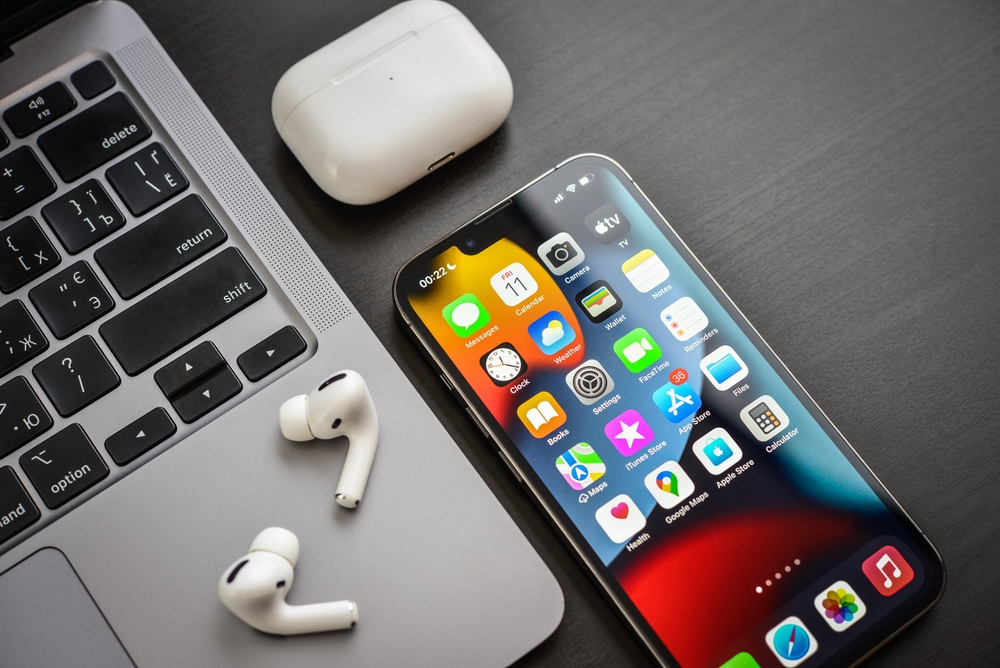What Is Apple's Business Strategy?
Apple Inc. has established itself as a leader in the technology industry through a multifaceted business strategy that emphasizes innovation, vertical integration, and a robust ecosystem of products and services. This approach has enabled the company to maintain a competitive edge and foster a loyal customer base.
Why Was Apple So Successful?
-
Innovation and Design Excellence
Apple's commitment to innovation is evident in its consistent release of groundbreaking products that combine advanced technology with user-friendly design. The company's focus on aesthetics and functionality has set its products apart in the market.
-
Vertical Integration
By controlling various aspects of its supply chain—from hardware design and manufacturing to software development and retail distribution—Apple ensures high-quality standards and a seamless user experience across its product lines.
-
Ecosystem Development
Apple has built a cohesive ecosystem that encourages customer loyalty. Products like the iPhone, iPad, Mac, and Apple Watch are designed to work together seamlessly, while services such as the App Store, iCloud, and Apple Music enhance the overall user experience.
Related: Apple Inc.: From Garage Startup to Global Powerhouse
Related: The Winning Habits of Bill Gates
What Is Apple's Weakness?
-
High Product Pricing
Apple's premium pricing strategy can be a barrier for price-sensitive consumers, potentially limiting its market share in emerging markets.
-
Dependence on Key Products
A significant portion of Apple's revenue is derived from the iPhone. This reliance makes the company vulnerable to market saturation and increased competition in the smartphone industry.
-
Limited Compatibility with Non-Apple Systems
Apple's closed ecosystem can lead to compatibility issues with non-Apple products, which may deter potential customers who prefer more open systems.
Who Is Apple's Biggest Competitor?
Apple faces stiff competition across its various product lines:
-
Smartphones: Samsung is a major competitor, offering a wide range of smartphones that cater to different market segments.
-
Personal Computers: Companies like Dell, HP, and Lenovo compete with Apple's Mac lineup, often providing more customizable and budget-friendly options.
-
Wearable Technology: In the wearables market, brands such as Fitbit and Garmin present alternatives to the Apple Watch.
-
Streaming Services: Apple TV+ competes with established streaming platforms like Netflix and Amazon Prime Video, which boast extensive content libraries.
Each of these competitors offers unique value propositions, challenging Apple's market position and driving the company to continue innovating.











